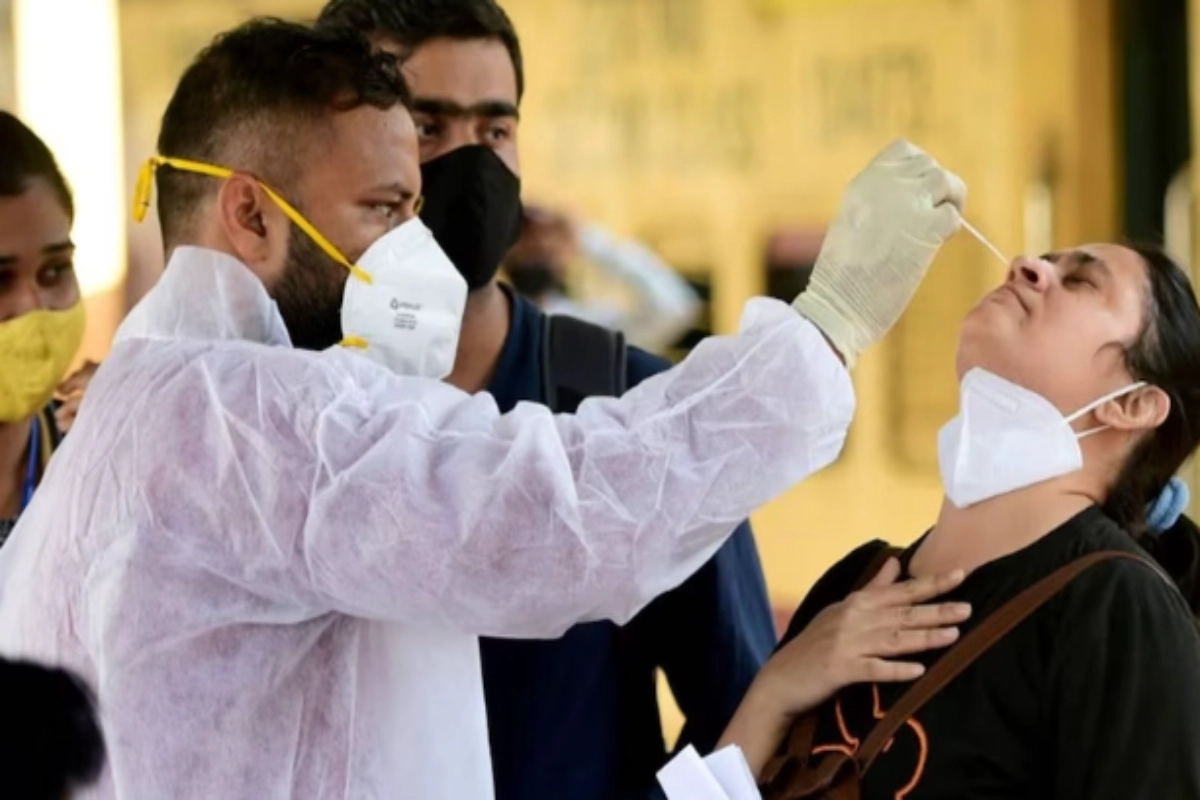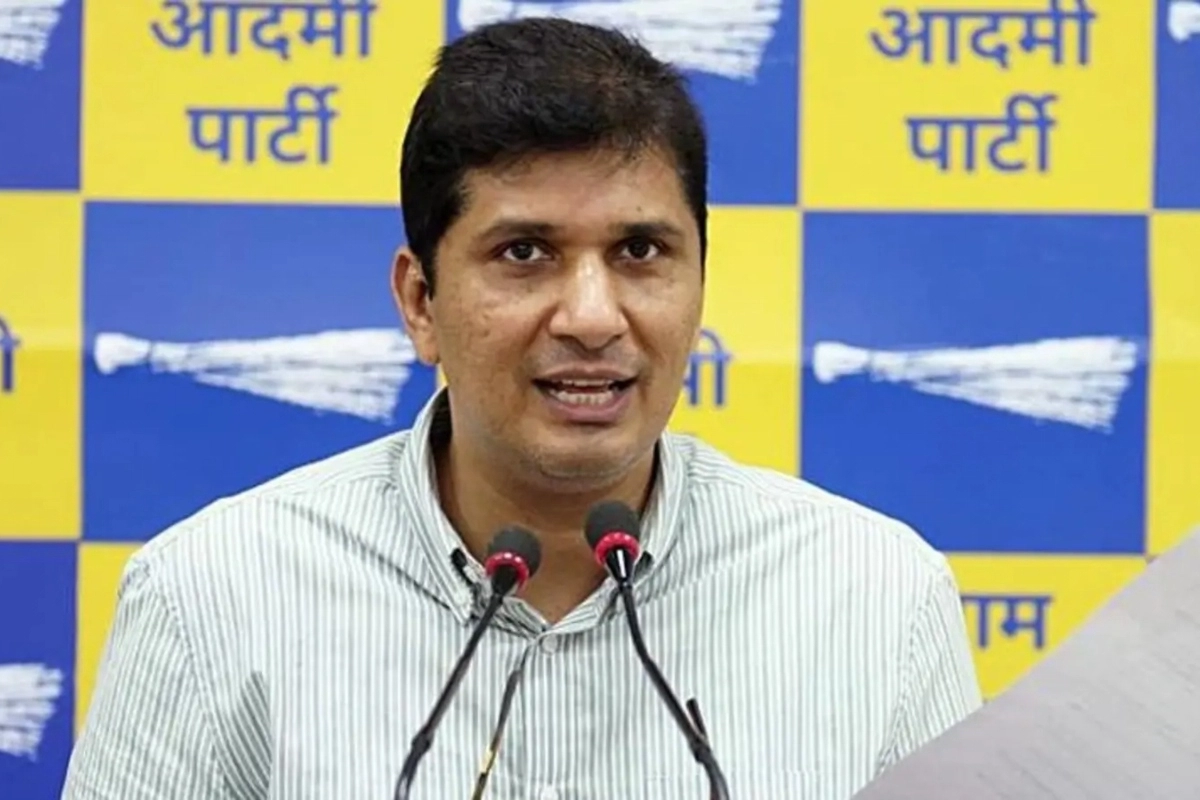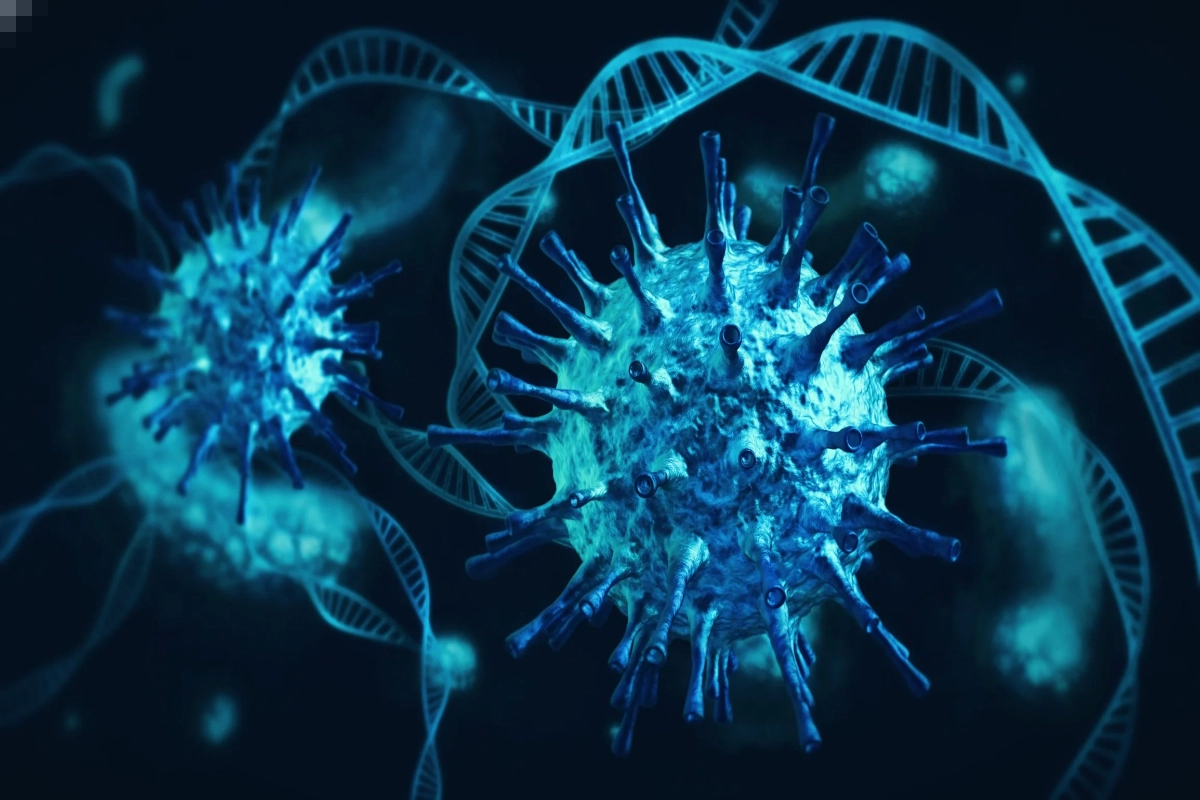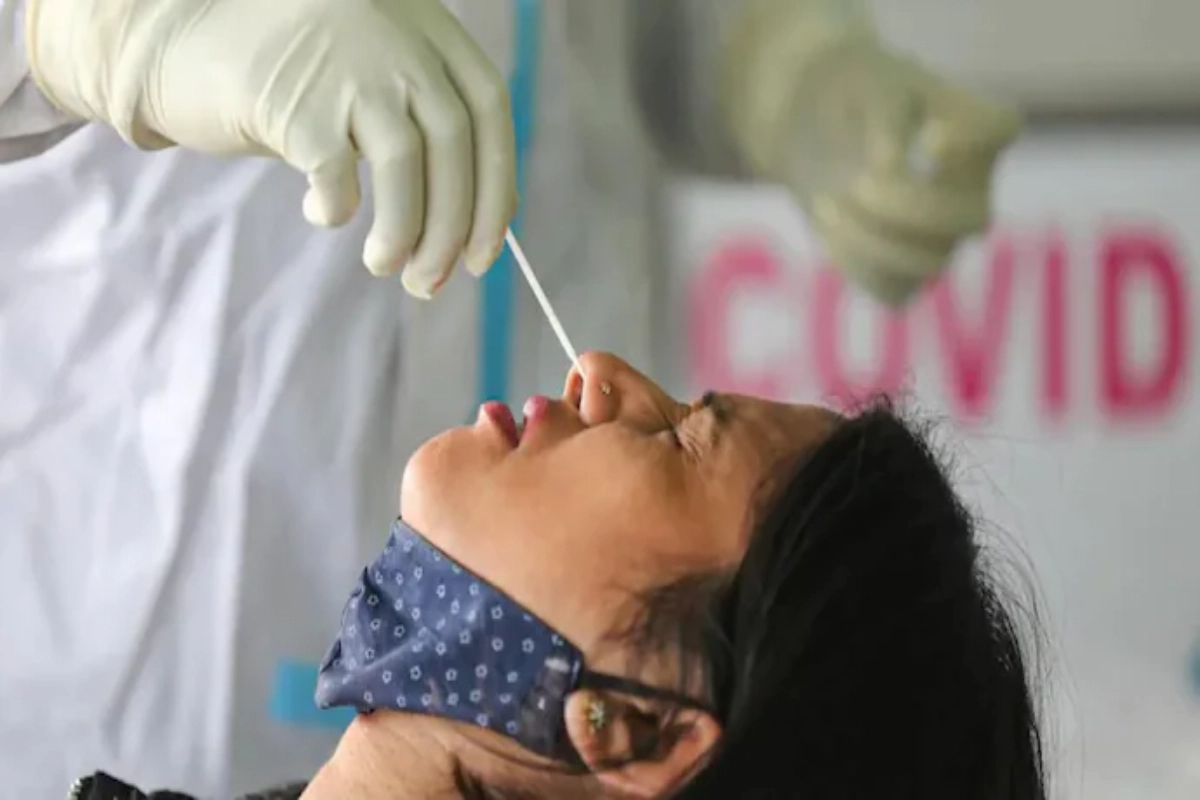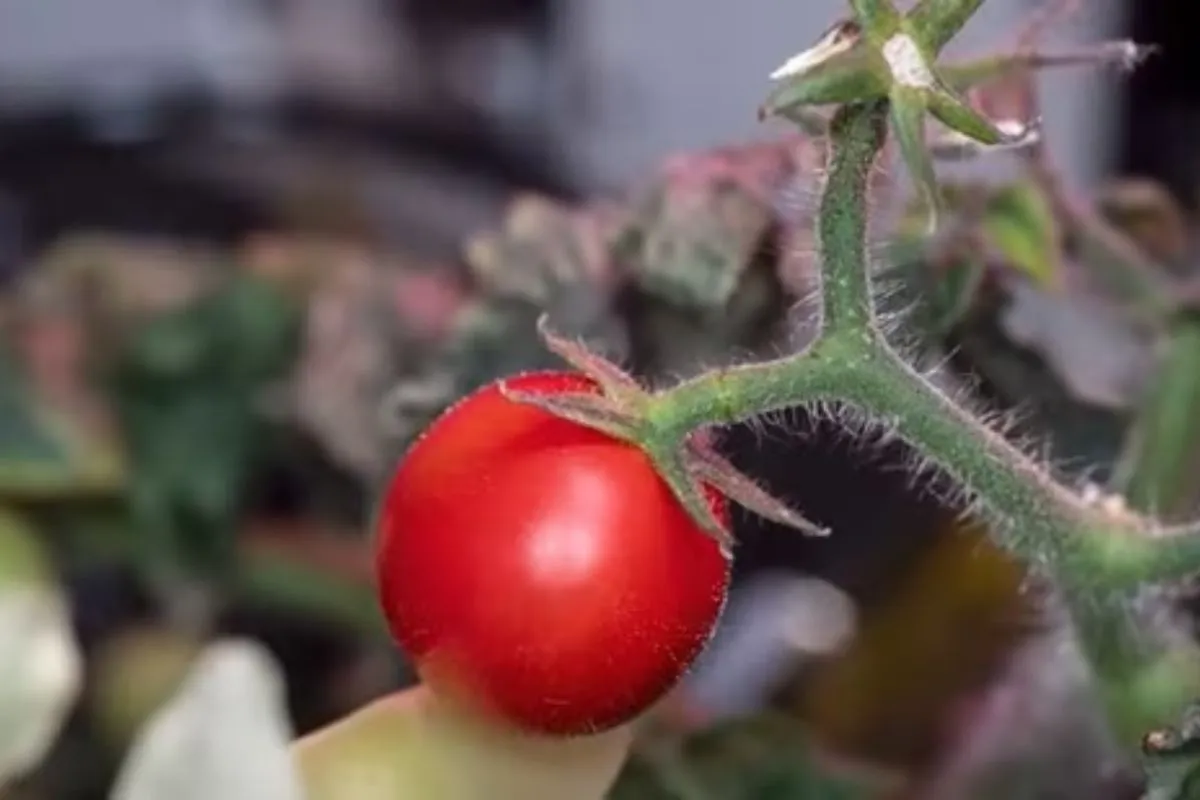COVID 19: According to the Union Health Ministry, 335 new Covid-19 infections were reported in India on Sunday, bringing the total number of active cases to 1,701. According to data from the Health Ministry, five deaths were reported: four in Kerala alone, where the Covid sub-variant JN.1 was found, and one in Uttar Pradesh. The nation’s total Covid caseload was 4.50 crore (4,50,04,816).
India’s COVID-19 Recovered Cases Reach 4.46 Crore
This brought the total number of individuals who recovered from the infection to 4.46 crore (4,44,69,799). The Health Ministry reported that the country’s recovery rate was estimated to be 98.81 percent. With 5,33,316 deaths from Covid-19 to date, the case fatality rate was 1.19 percent.On the ministry’s website, it states that the nation has already received 220.67 crore doses of the Covid-19 vaccine.
Medical Expert’s Statement
A senior official from the Indian Council of Medical Research (ICMR) announced on Saturday, December 16, that a case of COVID-19 sub-variant JN.1 has been identified in a 79-year-old woman from Kerala as part of an ongoing routine surveillance activity of the Indian SARS-CoV-2 Genomics Consortium (INSACOG). Dr. Rajiv Bahl, Director General of the ICMR, stated that the case was found in an RT-PCR positive sample from Karakulam in the Thiruvananthapuram district of the southern state on December 8.
RT-PCR Results Confirm Positive Status of the Sample
On November 18, the sample had shown positive results from an RT-PCR, he said. The woman recovered from COVID-19 after experiencing mild Influenza Like Illness (ILI) symptoms. Kerala Health Minister Veena George stated on Sunday that there was no reason to be concerned about the Covid-19 sub-variant JN.1 that was found in the region. George revealed to the media that the sub-variant was found in Indian travellers who were screened at Singapore airport several months prior, in reference to the recent variant.
Sub-Variant Clarification
“There is no need for any concern. It’s a sub-variant. It was just found here. Months ago, this variant was detected in a few Indians who were screened at the Singapore airport. It’s just that Kerala has identified the variant here through genome sequencing. There is no need to worry. The situation is being closely monitored,” she said. On the other hand, the state health minister urged caution and mentioned that people with comorbidities needed to exercise extra caution.
WHO Urges Nations to Share Genome Sequencing Data
The World Health Organisation (WHO) has pushed nations to share genome sequencing data and maintain strict surveillance on Covid-19 cases. The World Health Organisation also released a video featuring Dr. Maria Van Kerkhove, the global health body’s Covid-19 technical lead, who discussed preventative measures as well as the causes of the recent increase in cases. The WHO warning coincided with a sharp increase in Covid-19 cases in several nations, including Singapore, as a result of a newly discovered dominant strain known as JN.1, a sublineage of Omicron sub-variant BA.2.86.
Routine Surveillance Discovery
As part of the Indian SARS-CoV-2 Genomics Consortium’s regular surveillance, India has also discovered a case of Covid sub-variant JN.1 in Kerala (INSACOG). In a video released by the WHO, Dr. Kerkhove explains the reasons behind the most recent spike. “Dr Maria Van Kerkhove talks about the current surge in Covid-19 and JN.1 sub-variant. WHO continues to assess the situation. Follow WHO’s public health advice to keep your families and friends safe during this holiday season,” the global health body said.
Holiday Season Impact
Kerkhove stated in the video message that a number of factors, such as more social gatherings during the holiday season and other infections, are to blame for the recent rise in respiratory infections.
“It’s not just Covid-19 that’s circulating; we have influenza, other viruses, and bacteria. In other parts of the world, we are entering the winter months and people are starting to gather for the holiday season. As people gather, they spend more time indoors, especially if there is poor ventilation. These pathogens that spread efficiently between people and through the air will take advantage,” Dr Kerkhove said. She added that 68% of the current cases were cases of XBB sublineages and other groupings like JN.1, pointing out that the virus is evolving and explaining the rise in Covid cases.
Dr. Kerkhove Attributes Rise to Various Factors
Dr Kerkhove said, “Covid-19 is one of the diseases that is currently on the rise, and this is again due to a number of factors; the virus SARS-Cov-2 is evolving, changing and circulating in all countries. In some countries, we have these XBB sublineages and they represent around 68 per cent or so of the sequences that are shared globally. The other grouping is BA.2.86, most notably JN.1 which causes the full spectrum, everything from asymptomatic infection. All the way to severe disease and death, similar to what we have seen with other Omicron sublineages.”
Vaccination Importance
She also recommended vaccinations and “clinical care” in the event of an infection in her video message. “Protect yourself from infection using a number of tools. But, make sure that if you get infected, you get clinical care and get vaccinated when it’s your turn to prevent severe disease and death. All Covid-19 vaccines continue to provide against severe disease and death, and this includes all the circulating variants, including JN.1,” Kerkhove said. The Ministry of Health (MOH) of Singapore has recently advised the use of masks in crowded areas, especially indoor ones. It has also urged travellers to take preventative measures like wearing masks at airports and avoiding crowded areas with poor ventilation.
Keep watching our YouTube Channel ‘DNP INDIA’. Also, please subscribe and follow us on FACEBOOK, INSTAGRAM, and TWITTER.


